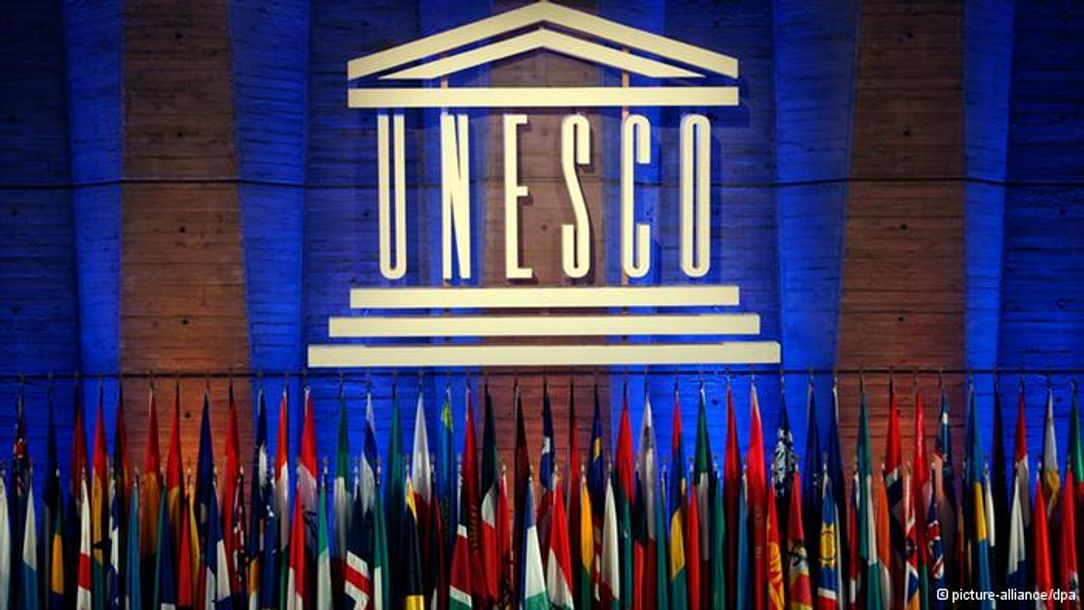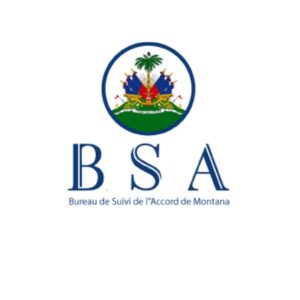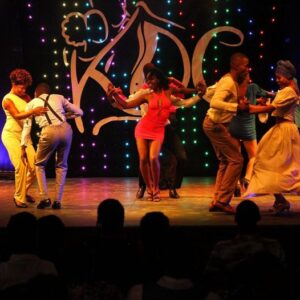UNESCO condemns the acts of vandalism recorded at the National School of Arts (ENARTS), the arson of the École Normale Supérieure (ENS) and other educational and cultural institutions in Haiti.
The United Nations Educational, Scientific and Cultural Organization (UNESCO) strongly condemns the acts of vandalism recorded at the National School of Arts (ENARTS), the arson of the École Normale Supérieure (ENS ) and other educational and cultural institutions in Haiti, in a press release dated this Wednesday, April 3, 2024. These attacks took place at the end of March.
The UN body recalls that the National School of Arts (ENARTS) is an artistic education center which works for the development of artists and the influence of Haitian art throughout the world, while providing training for classic and artistic basis of quality. In addition to being one of the pillars of the education system by its vocation, the École Normale Supérieure (ENS), for its part, is the oldest teacher training institution in the country, insists UNESCO in its press release.
“These acts of vandalism, looting and arson against the country’s educational institutions have devastating consequences on the future of Haitian society, particularly for present and future generations. These attacks on the country’s educational institutions must stop. They cannot be tolerated in any way,” denounces the United Nations Educational, Scientific and Cultural Organization.
Furthermore, UNESCO reminds all parties that education is a fundamental human right whose aim is to lift men and women out of poverty, reduce inequalities and ensure sustainable development of society. This inalienable right is enshrined in the Haitian constitution, various international conventions ratified by Haiti, such as the Universal Declaration of Human Rights (in its article 26); the Convention on the Rights of the Child (article 29), the International Covenant on Civil and Political Rights (article 18); the 2005 UNESCO Convention on the Protection and Promotion of the Diversity of Cultural Expressions ratified by Haiti in 2010 and which represents the legal system implemented by UNESCO in favor of creative diversity and intended to promote a global environment where creativity of individuals and peoples is protected in its rich diversity; the declaration on safety in schools signed by more than 111 countries, including Haiti, specifies the United Nations body, also recalling that the right to education is among the fundamental rights of all Haitians recognized by the Constitution of the Republic of Haiti of 1987 amended, (article 32).
On the other hand, UNESCO says it continues to support educational reform projects in Haiti, notably through the establishment of the new curriculum which aims to facilitate inclusion and academic success through the introduction of multilingualism based , among others, on the mother tongue, the revision of programs, the obligation of preschool, the extension of education for citizenship, the promotion of culture, sport, technology.
Also, the UN institution says it continues its support to the Haitian people in the seismic and anticyclonic reconstruction of around a hundred schools in Grand ‘Anse, South, North and Artibonite, in the framework of the implementation of the “project adaptation to climate change and reduction of disaster risks in school infrastructures” financed by the Adaptation Fund.
“UNESCO once again reiterates its unwavering commitment alongside the Haitian State through the Ministries of Culture and Communication and National Education and Vocational Training, to all sectors concerned with education. and culture, to support all categories of learners and teachers at all levels of the Haitian education system: from preschool to higher education and scientific research, including non-formal education and technical and professional training », concludes the press release.









